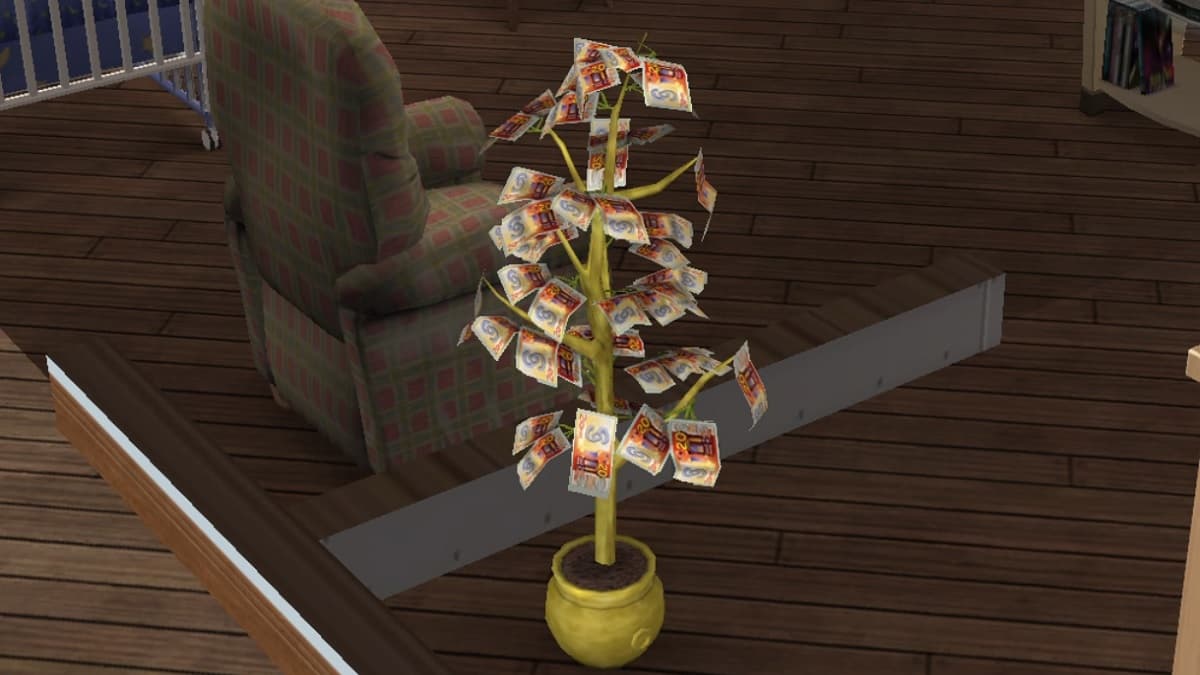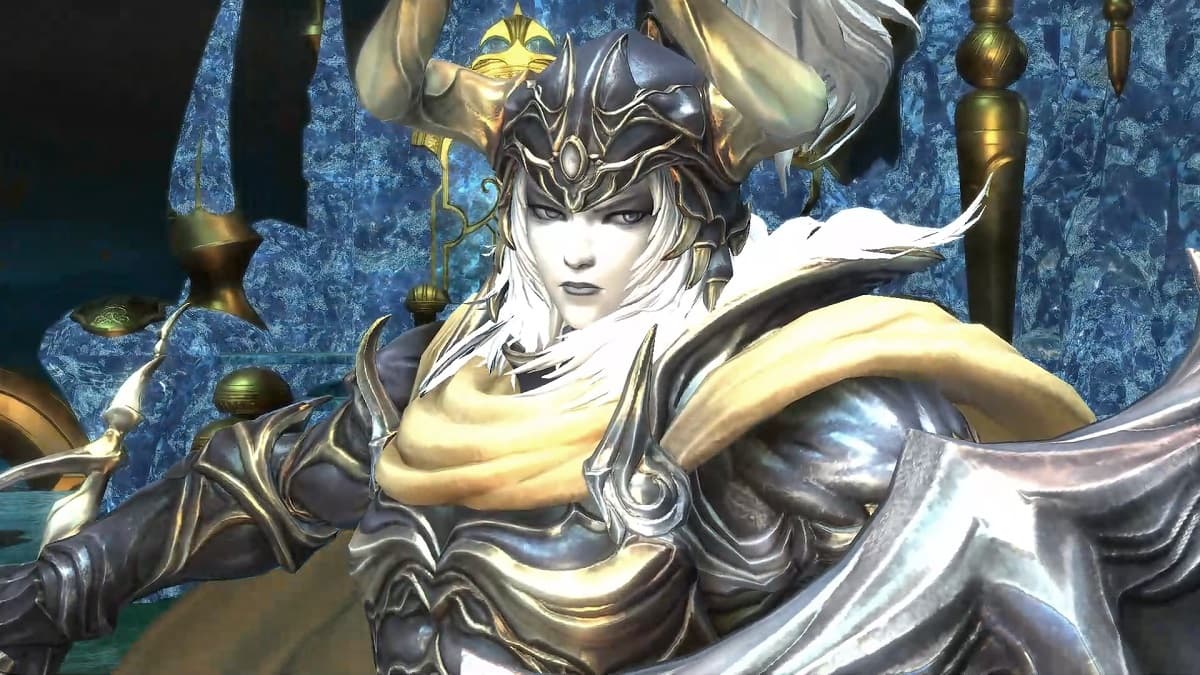“The industry has changed. It’s no longer just about entertainment, fun, or the enjoyment of others. It’s an endless series of legal battles, fought by lawyers and figureheads.”
Maybe not quite Old Snake’s words or even a glimpse of the point he was aiming to make, but there’s no doubting that the gaming industry has undergone change. From its roots in the 1970’s and 80’s, the gaming industry has flourished and flopped in ways that are both controversial and progressive. Like any large industry, there are moments in history that mark turning points and influence change, whether welcomed or not. The industry is no exception to this rule, carrying with it a history filled with controversy that has molded the present state that it is in today. Without these events, you can’t deny that following the progress of the industry closely would be a lot less entertaining.
The Electronic Arts’ Wife
As a whole, it seems Electronic Arts’ can never do anything right. Despite the quality of some of the games it produces, the publisher usually fumbles in some way or another. The hate train against EA came to a barreling speed when, in 2004, a then anonymous blog on LiveJournal.com posted by a spouse of a current employee brought to light the horrendous employment conditions that the company imposed on its team. Sure, they may not have been as bad as what we hear happening in places like China, but for American standard it was bad – and slightly illegal.
In the blog post, the anonymous spouse complained that her husband was subject to inexcusably long hours of 12 hours a day for 7 days a week with no overtime pay provided. EA figureheads came under plenty of fire when the blog went live, forcing the company to change its employment relations.
With the light shining on Electronic Arts’ poor ethics, artist and top programmers within the company took the opportunity to get what was owed to them. Several class action suits brought against the EA led to a total of over $30 million in payouts and change to hourly wages for lower-level team members.
Today, EA is less known for its controversial mandatory work schedules and more for things like, you know, the disastrous launch of SimCity or completely mucking up the ending to the beloved Mass Effect trilogy.
The Hot Coffee Mod
Sex and video games are two things that never seem to mix well. When intimacy finds its way into our favorite games, it turns into a massive uproar (looking at you, Mass Effect). When Grand Theft Auto: San Andreas released in 2004, there was no question that it would bring with it a slew of controversy, but events that unfolded after the game’s launch proved that the public really had no idea how bad it could get. Almost a year after its release, a fan-made software patch was released dubbed “Hot Coffee,” a play on the euphemism of inviting somebody inside for “some coffee.” The patch unlocked hidden assets within the game when protagonist Carl “CJ” Johnson is invited into his current girlfriend’s house for a little under the covers action. Although, as the patch revealed, not much actually happens under the covers themselves. The patch changed the scene to allow gamers to experience the coitus, complete with pixellated nudity and crude thrusting actions.
Though the scene was extremely awkward to watch, it still depicted scenes of sexual intercourse, which are a big no-no for a game not rated “Adults Only” by the ESRB. After the patch became popular, the rating board was sure to rectify that by labeling the game as AO, causing retailers to pull the title from their shelves and forcing Rockstar’s hand.
Production on versions of San Andreas equipped with “Hot Coffee” capabilities ceased and the developer moved quick to release version 2.0 to restore the “Mature” rating. Though the worst seemed over, Rockstar still faced class action litigation, which ended in a $20 million settlement.
Gamergate’s Skewed Meaning
If you ask people what Gamergate is really about, chances are you may get two different answers. On one side of the spectrum, it’s a debate over feminism in gaming while the other side of the coin is adamant it’s a fight against corruption in gaming journalism. Regardless of the truest answer, there is no denying that the controversy brought with Gamergate will be long-lasting.
The term itself was coined by former Firefly actor – the “non-Baldwin brother” – Adam Baldwin back in 2013 after gamers took issue with praise that developer Zoe Quinn received for her Steam-developed title, Depression Quest. The community members deemed the attention unjustified and the matter was complicated more-so when Quinn’s former boyfriend, Eron Gjoni, claimed in a blog that developer had an affair with Kotaku journalist, Nathan Grayson. The relationship was believed to have spurred a subjective review of the game by Grayson, though further investigation by Kotaku staff revealed no such review even existed. Despite that there was no clear merit to the claim, the uproar over the ordeal grew when Gjoni’s blog received little to no media coverage. The move against media corruption had begun, though several forks in the road threatened to derail the original purpose.
Regardless of one’s beliefs on Gamergate, there’s no doubting that it has had an impact on the industry of gaming. Companies like Intel went so far as to pull advertisements from publications involved in the controversy. There also seems to be no clear end in sight for the movement, which means a long arduous fight on both sides of the spectrum.
Federal Censorship and the Threat of Regulation
Modern gamers are well aware of the Entertainment Software Rating Board, but there was a time when games weren’t so regulated. During the 80’s and very early 90’s, gamers could enjoy any game they wanted, regardless of the content and their age. Things are completely different today, with the risk of fines hanging over retailers thanks to the threat of federal regulation over two heavily cited video games. To discuss the accesibility of violent games to children, Congress held a series of hearings, during which games like Mortal Kombat and the interactive Sega CD title, Night Trap, were cited for heavy instances of blood, gore, and realistic brutality. The purpose of these meetings was to impose federal regulations on how video games were rated.
Mortal Kombat’s gratuitous blood and Night Trap’s realistic scenarios and live actors caught the attention of government figureheads, which nearly led to the Video Games Rating Act of 1994, spearheaded by then senator Joe Lieberman. Though developer’s like Sega had an internal ratings system, it was believed a universal system would need to be created. To bar federal regulation from controlling the industry, major publishers at the time stepped in and proposed the creation of the Digital Software Association, which is now known as the Entertainment Software Rating Board.
In 2005, not long after the Grand Theft Auto: San Andreas “Hot Coffee” debacle, Joe Libermen, Hilary Clinton, and Evan Bayh pushed for the Family Entertainment Protection Act, a bill that would recall the debate for federal regulation on game’s rating. Though similar bills have passed in several states across the U.S., the Family Entertainment Protection Act never saw the light of day and died at the end of Congresses’ 109th session.
Jack Thompson
It’s odd for one individual to be so controversial that they affect an entire industry, but if there is one person that can do so, it is Jack Thompson. To the gaming world, Jack Thomspon is a massive thorn in the side, an aching pain that refuses to let up or go away no matter how much Tylenol you down. In recent years, the now disbarred attorney has been fairly quiet, but that hasn’t always been the case.
For years, Thompson waged an all-out war on the entertainment medium, heavily lacing into the concept of a link with violence and gaming. During his years as a legal council, he even attempted to popularize the “Video Games Made Me Do It” defense, which has been a subject covered in mainstream media such as Law and Order: SVU.
Thompson was famous for targeting violent games, but he also set his sights on more innocent titles like The Sims 2, thanks to a mod that removed the censor blur from the games more intimate scenes. In 1997, Thompson jumped onto the murder trial for the Heath High School shooting. To, in a way, defend the killer’s actions, Thompson blamed video games, pornography, and the 1995 flick The Basketball Diaries. Among the few games he pegged as being indirectly linked to the murder of three students was Doom and Grand Theft Auto.
To continue his exodus against gaming, Thompson was also involved in a 1999 lawsuit filed by the parents of the three killed in Heath. The suit was a $33 million penalty against two pornography sites, several game developers (id Software and Rockstar likely amidst them), and the creators behind The Basketball Diaries. The suit was dismissed in 2001 – a blow to Thompson’s cause but certainly not one strong enough to stop him. Over the course of his career, good ‘ole Jack took up arms against games like Bully, Mortal Kombat and Manhunt and even set his sights on Facebook, Howard Stern, and the hip-hop group, 2 Live Crew.
The gaming industry earned a big win against Thompson in 2007 when a motion to disbar the attorney was drawn up with the Florida Bar. After much resistance by Thompson, the motion was elevated a year later to a permanent disbarment and a fine of $43,675.35, which was approved.
With controversy comes change, but what comes to question is whether or not that change is for the better or worse. Looking at these five instances, was the industry changed for the better or worse? It may be a matter of opinion, but as gaming is still kicking pretty strong, any damage done hasn’t been too devastating.









Published: May 28, 2015 07:47 am